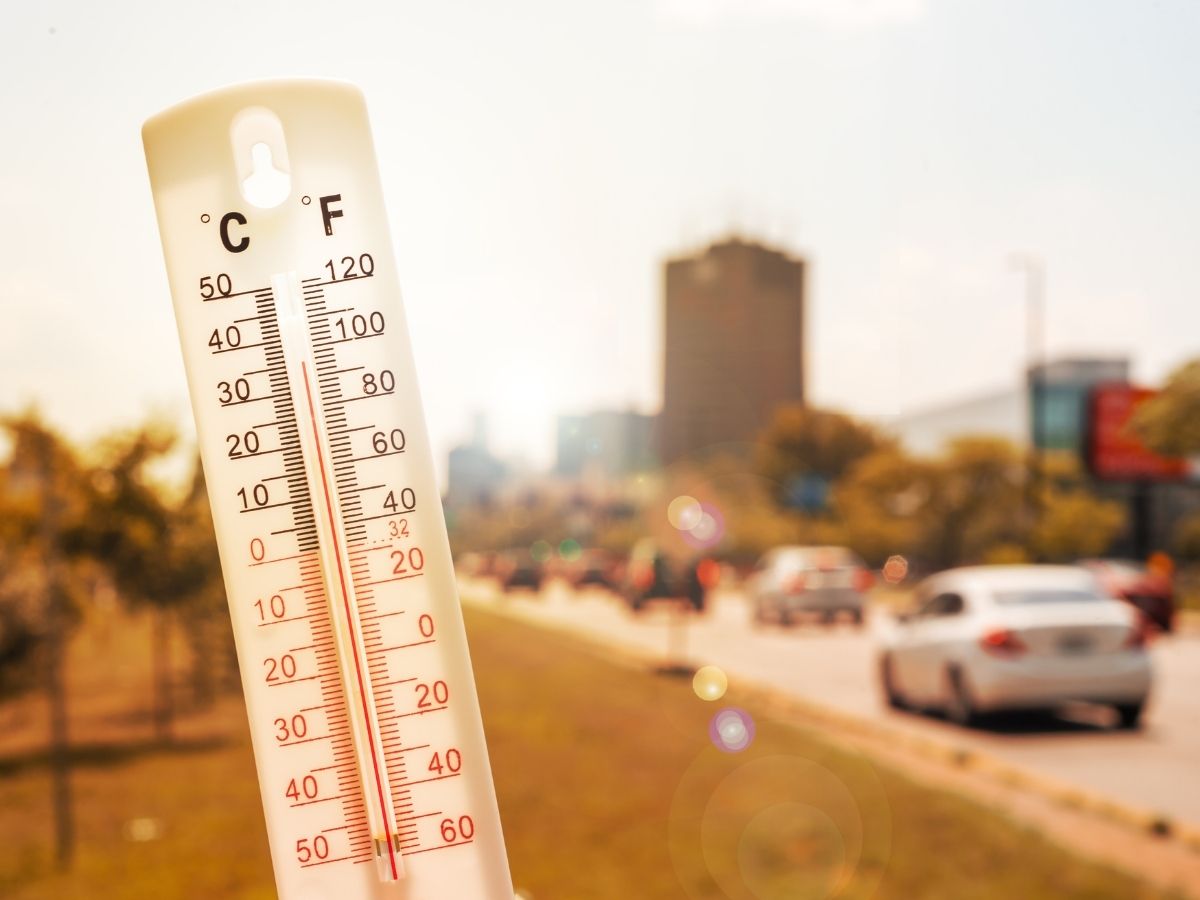A strong heatwave is hitting extensive regions of the US this weekend, putting over 40 million Americans under heat advisories, ABC News reported. The temperatures in certain regions are forecast to cross 115 degrees Fahrenheit, triggering health advisories and fire threat warnings. Here is everything you need to know.
Where Is It the Hottest?
Extreme Heat Warnings have been issued for Phoenix, Arizona; Palm Springs, California and sections of Grand Canyon National Park, where it will likely top 115 degrees Fahrenheit, the report said. Heat advisories have been issued elsewhere in the Southwest and Plains, including Albuquerque, El Paso, Dallas, Oklahoma City, Little Rock, Wichita and Kansas City.
Temperatures in these places, the report said, will likely vary between 100-110 degrees Fahrenheit, with Albuquerque and Flagstaff possibly experiencing record temperatures.
Meanwhile, Oregon’s Medford, Eugene, and Portland have been placed under extreme heat warning with temperature predictions of 97 degrees Fahrenheit to 110 degrees Fahrenheit, and low night temperatures dipping to somewhere in the 70s, effectively bringing some relief at night.
Fire Danger Spreads Across the West
Furthermore, fire weather warnings have been issued for Oregon, Utah, Colorado, and Wyoming, where humidity recorded in single digits coupled with breezy winds has been reported to ignite the wildfires.
What Is Extreme Heat and Why Is It Dangerous
According to the US National Weather Service, severe heat occurs when the temperatures exceed 90 degrees Fahrenheit for more than two to three days. It is America’s most dangerous weather-related hazard, particularly among older persons, children, and individuals with chronic illnesses.
Humidity worsens the impact by making it more difficult for the body to cool by itself. Even fans can create a false feeling of comfort in extreme heat, according to the FEMA heat alert.
How to Recognise Heat-Related Illnesses
Heat Stroke
- Body temp above 103 degrees Fahrenheit
- Dry, red skin, with no sweat
- Confusion, rapid pulse
Call 911 immediately if suspected.
Heat Exhaustion
- Heavy sweating, weakness, nausea, headache
- Cool down, sip water, remove excess clothing
How to Stay Safe
- Don’t leave kids or pets inside cars
- Wear light-coloured, loose clothing
- Take cool showers
- Stay hydrated
- Limit outdoor activity
- Check on elderly or vulnerable neighbors
ALSO READ: COVID-19 Cases Rising in the US: What to Know About the ‘Stratus’ Variant






